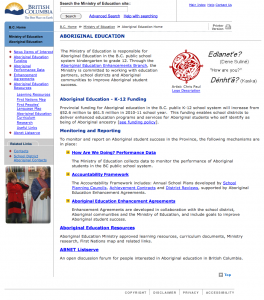Prime Minister Harper offers full apology on behalf of Canadians for the Indian Residential Schools system. June 11, 2008.
The video below is an apology from Canada’s Prime Minister Stephen Harper in a speech from parliament. In it, he apologizes on behalf of Canadians for Indian Residential Schools and the damage that they have caused first nations people.
[youtube]https://www.youtube.com/watch?v=qo5cG-RjE8Y[/youtube]
The video below is an apology from Canada’s NDP Leader Jack Layton in a speech from parliament. His speech as an oppostion member is largely in support of the apology to first nations.
[youtube]https://www.youtube.com/watch?v=AVAxVhnqTaw&feature=related[/youtube]
Here are some quotes from parliament by the Prime Minister:
“Mr. Speaker, I stand before you today to offer an apology to former students of Indian residential schools,”
“The treatment of children in Indian residential schools is a sad chapter in our history.”
“Today, we recognize that this policy of assimilation was wrong, has caused great harm, and has no place in our country,”
“The government now recognizes that the consequences of the Indian residential schools policy were profoundly negative and that this policy has had a lasting and damaging impact on aboriginal culture, heritage and language,”
“While some former students have spoken positively about their experiences at residential schools, these stories are far overshadowed by tragic accounts of the emotional, physical and sexual abuse and neglect of helpless children, and their separation from powerless families and communities.”
